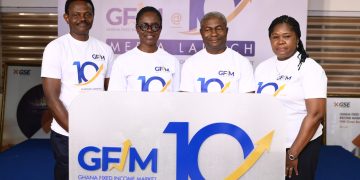Expand North Star: “We Want Equity, Not Debt” – Startups’ Message to Investors
A growing number of early-stage companies across Asia, Africa and Europe are reassessing how they fund growth, balancing the short-term security of debt against the strategic benefits of equity — with the United Arab Emirates (UAE) emerging as an attractive base for expansion due to its tax incentives and open investment policies.
In interviews with NorvanReports at the Expand North Star organised by the Dubai World Trade Centre and hosted by the Dubai Chamber of Digital Economy, founders from South Korea, India, the Netherlands, South Africa and Ecuador revealed contrasting approaches to funding, shaped largely by their operational costs, market positioning, and growth ambitions.
Airbility: Balancing Debt and Equity to Fund Flight Innovation
For Minyoung Ahn, Co-founder and Chief Operating Officer of South Korean start-up Airbility, debt is often the more attractive financing option — but not when innovation risks are high.
“So, simply speaking, debt is more preferable,” Ahn told NorvanReports. “But for very risky projects like this, we prefer equity rather than debt, because with debt you should be very responsible to pay back. But with equity, it’s different and we can bring investors to our side.”
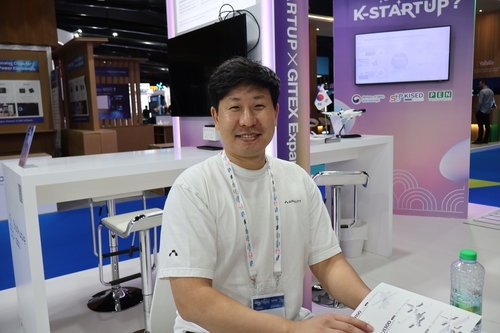
Founded in November 2023, Airbility — short for Air + mobility and Air + ability — develops electric aircraft solutions using vertical take-off and landing (eVTOL) systems and hybrid energy propulsion. The company has raised $3 million, including $2 million in government grants and $1.2 million in debt, enabling the construction of three aircrafts.
Ahn said Airbility’s largest expense remains research and development, driven by the high costs of prototyping. “You have to pay high payroll for engineers, and these prototypes are not long-lasting ones because it’s flying. So, with just one simple miss, it goes down — and the cost goes up and up,” he said.
Ahn added that Airbility is keen to expand into the UAE, provided the Gulf state offers free and safe airspace for testing. “In South Korea, there is not enough airspace to develop and test an aircraft,” he said. “But in the UAE, with large deserts, if they open up some areas, future aircraft development will boost up.”
Lami.fit: Bootstrapped and Virtual, Eyeing Global Growth
Laxmi Pandrala, Founder and CEO of Indian health-tech start-up Lami.fit, also favours equity financing.
“I definitely prefer equity-based funding,” she said. “That way, the person coming on board will have interest to grow the company. With debt, it’s me all the time running to clear it.”
Unlike Airbility, Lami.fit has minimal operational costs as its operations are fully virtual. “We are completely virtual. The initial investment was just our time and expertise. Operational cost is very minimalised,” she said.
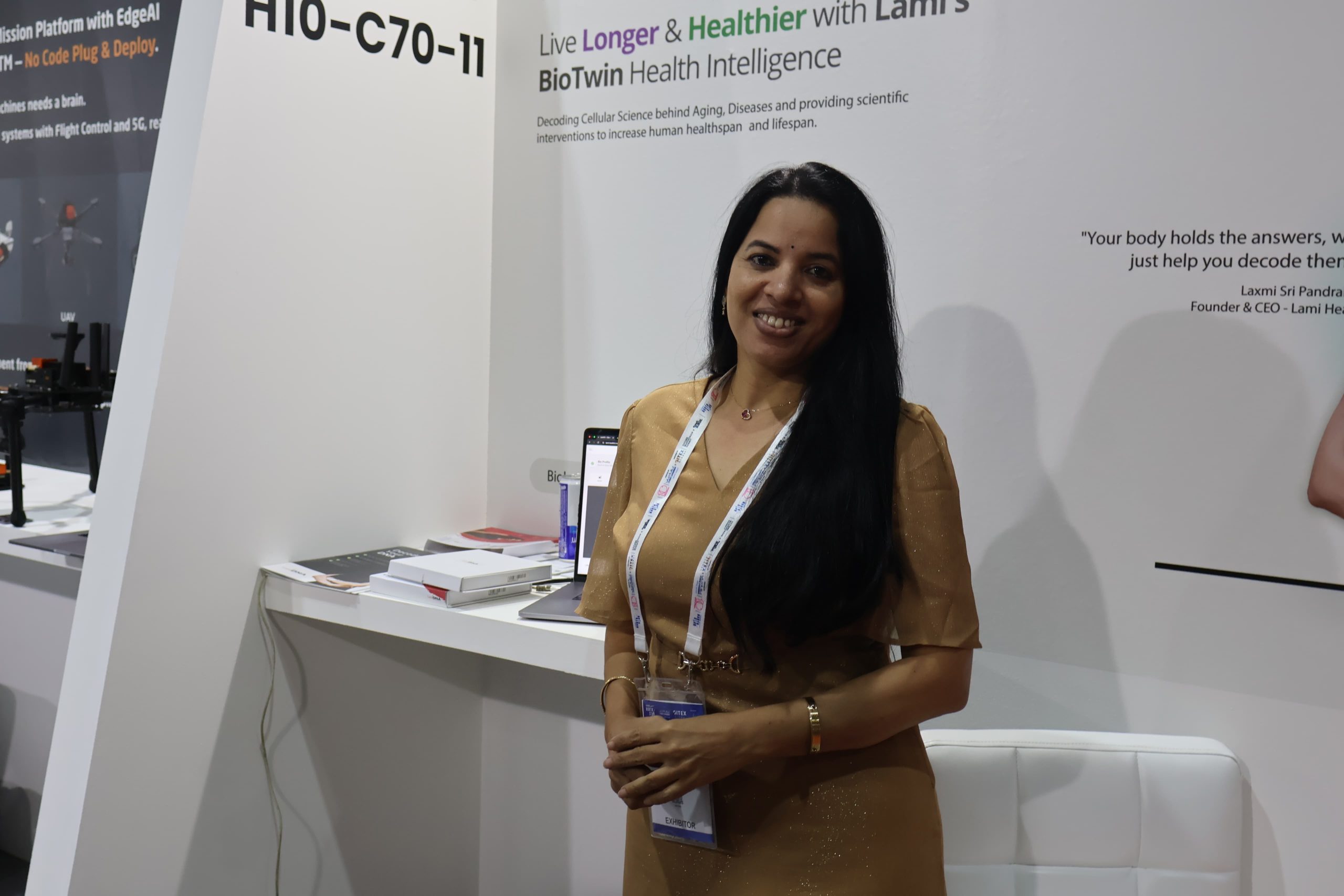
Currently self-funded and profitable, Pandrala is looking to attract investors in the UAE to scale globally. “Predictive health is the utmost care one can have for himself or herself going into the future, and we want preventive health to be part of health plans for every person,” she averred.
Lami.Fit is first of it’s kind healthtech platform which uses DNA, Blood and Body markers to predict the health risks and curate personalised health plans to prevent and reverse lifestyle diseases like diabetes, thyroid, PCOS, heart risk and chronic gut disorders. It also helps athletes and individuals to achieve peak of health and fitness.
Retina Scope: Hybrid Financing and R&D-Driven Costs
For Jan Boers, CEO of Netherlands-based Retina Scope, a hybrid funding model — convertible debt turning into equity — offers the best flexibility for start-ups in transition.
“Debt service is very unsecure for a start-up,” Boers remarked. “You have to get traction before you can repay debt. That’s why I prefer convertible loans — no debt service payments when you need money the most.”
Retina Scope, a medical technology spin-out, has so far been self-financed through group resources from its wholesale operations in Europe and now seeks equity investors to accelerate growth. Like Airbility, Boers said research and development remains the company’s biggest cost.
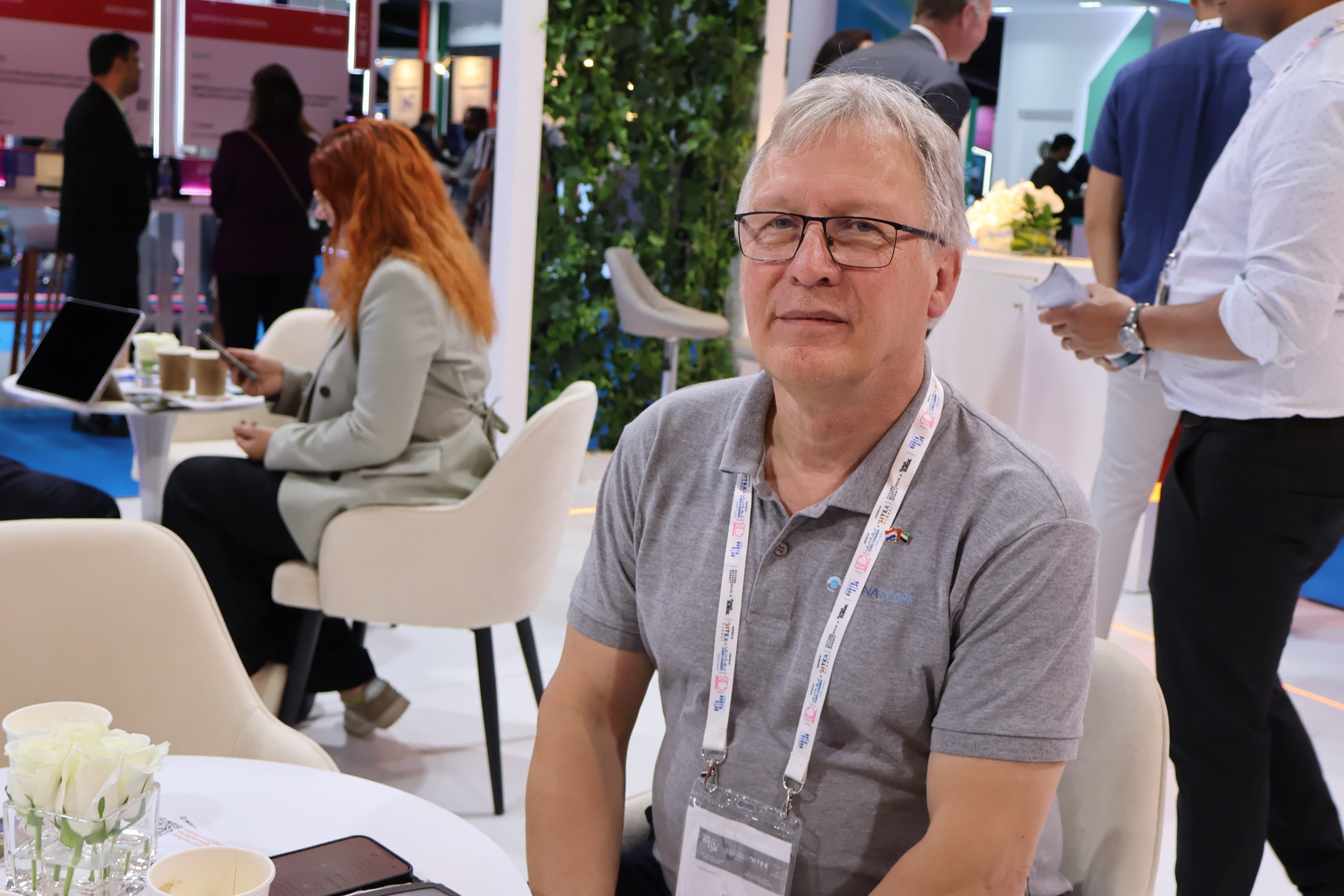
He also expressed interest in expanding to the UAE, urging regulators to simplify medical device certification procedures. “The certification process should be aligned with recognised global standards to make entry easier for medtech start-ups,” he said.
RetinaScope BV is a Dutch start-up company and a spin-out of the Dutch value added distribution company IDCP BV. The start and the development of RetinaScope BV are enabled by research organisations, government grants and financial institutions.
Payphone: Post-Break-Even Fintech Seeking $25m Equity
For Juan Vazquez, Co-founder of fintech company Payphone, equity funding is key to scaling across the Americas. The company, already profitable and past break-even, processed $208 million in payments last year (2024) and projects to exceed $350 million next year (2026).
“We’re looking for $20–25 million in investment for a 10% equity stake, we prefer equity because it’s closer to growth” Juan told NorvanReports.
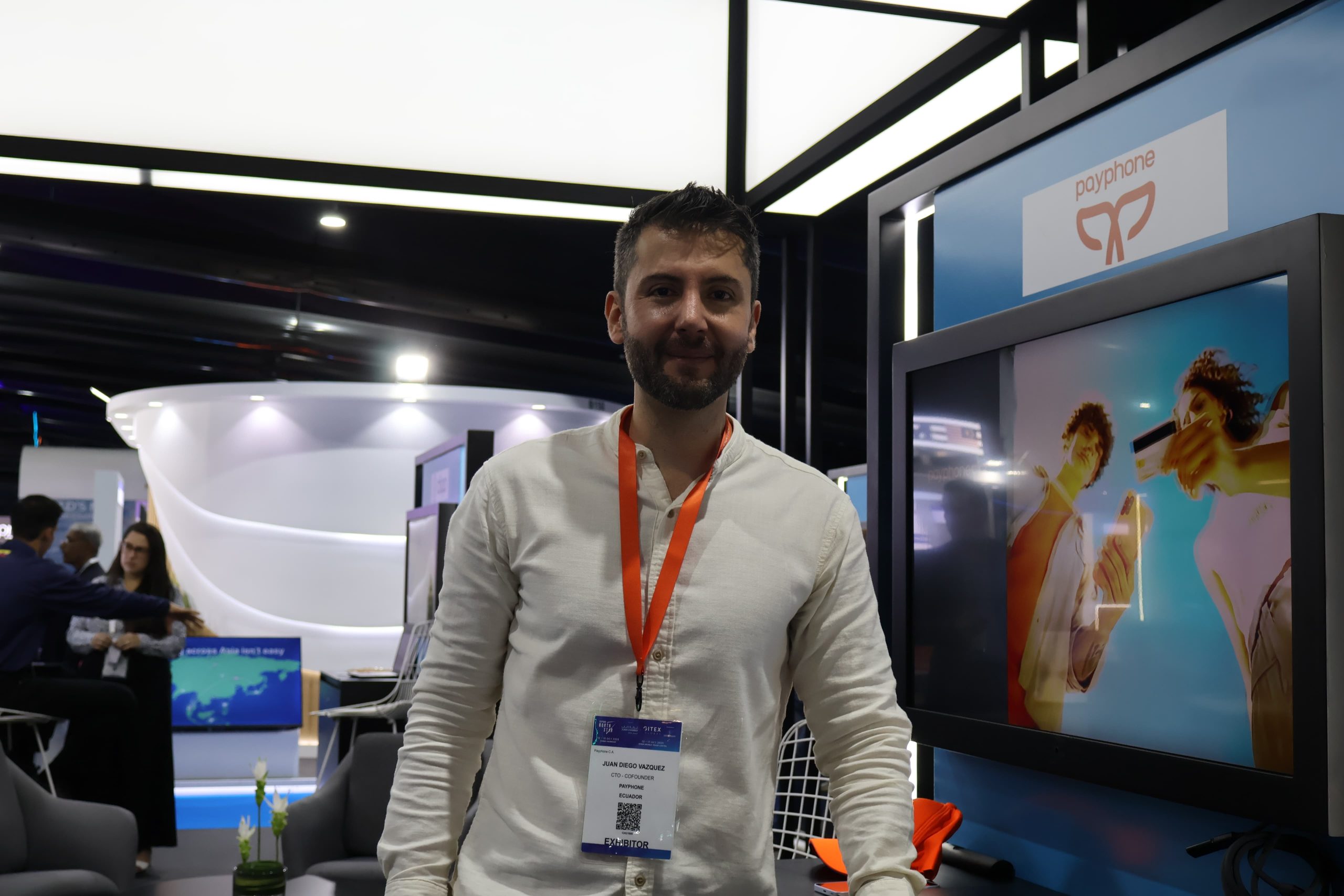
He added that Payphone is considering moving its headquarters to the UAE, attracted by low taxes and 100% foreign ownership incentives. “The advantage here in the UAE is much better than the United States,” he said. “We plan to move here (UAE) and manage all the countries from here (UAE).
PayPhone, is a Fintech company known for its focus on financial inclusion and simplifying the relationship between people and money in Latin America.
Open Factor Technology: Growing Organically
By contrast, Ademola Babalola, Founder and CEO of South African tech start-up, Open Factor Technology, prefers debt financing — at least for now.
“I prefer debt financing because we have already established product-market fit, and also debt is cheaper than equity. Equity is like marriage — for better or worse. Once you take it, you’re tied to the investor,” he noted.
Open Factor, which is currently bootstrapping, has spent $1.4 million in internal financing and holds a healthy $3 million balance sheet, expected to reach $5 million by 2026.
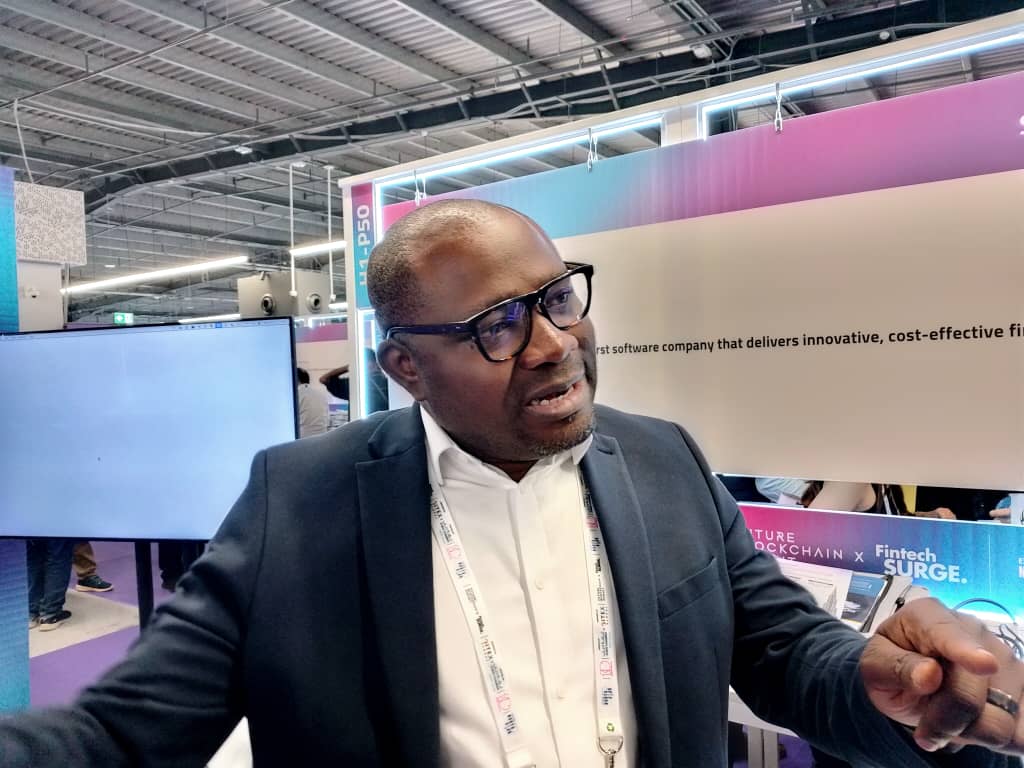
Babalola plans to raise debt to finance R&D, which currently absorbs 20% of the firm’s revenue, before later turning to equity for large-scale expansion.
OpenFactor is an Africa focused technology company that provides innovative and cost-effective solutions and services that addresses business challenges and unlock customer value.
Investor Agrees to Startups’ Preference for Equity
An investor by name, Simeon, interviewed by NorvanReports, aligned with startups who preferred equity over debt.
According to Simeon, he prefers equity as opposed to debt as with equity, aside the part-ownership of the business, he gains significantly from the investment, particularly when the business increases in its valuation.
However, with debt, he only gets back his investment with “little” interest on the loaned amount.
Funding Choices Reflect Maturity and Market Focus
The funding preferences of these founders — from equity-heavy approaches among early-stage innovators like Airbility and Lami.fit, to debt preference among players like Open Factor — highlight a broader trend which is, capital strategy evolves with business maturity.
While bootstrapping remains a common starting point for most startups, equity is often viewed as a partnership for strategic growth, whereas debt suits firms with proven cash flows.
And as each of these entrepreneurs revealed, the UAE’s investor-friendly environment is fast becoming a magnet for global start-ups seeking both funding and scale.




